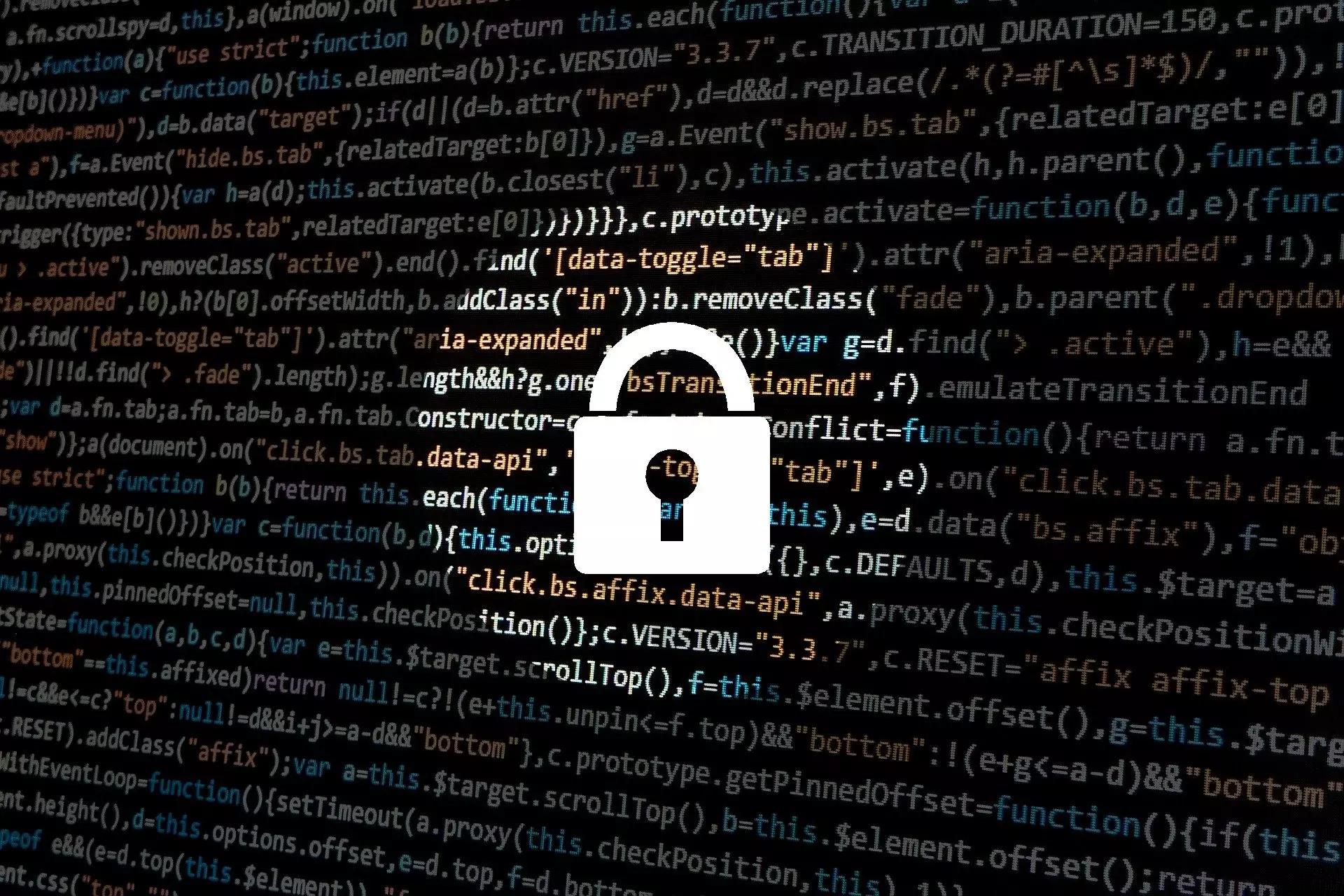Health care ransomware attacks have become increasingly common in recent years, with one of the most alarming incidents involving a UnitedHealth Group subsidiary called Change Healthcare. The attackers behind this devastating attack did not rely on sophisticated skills; instead, they exploited a glaring security oversight. Shockingly, Change Healthcare lacked multi-factor authentication (MFA) across all its systems, leaving them vulnerable to cybercriminals. MFA is a basic security measure that requires users to have two or more credentials to log in, providing an additional layer of protection against unauthorized access. The absence of MFA in a sector as critical as health care is akin to leaving the back door of a house unlocked in a high-crime neighborhood.
In response to the Change Health attack, Congress has taken a proactive stance by holding two hearings to address the issue of ransomware attacks in the health care sector. During these hearings, Andrew Witty, CEO of UnitedHealth Group, shed light on the circumstances surrounding the breach. The acquisition of Change Health brought with it outdated security systems, creating an opportunity for hackers to exploit the lack of comprehensive MFA. While some key questions were answered during the hearings, such as the extent of the data compromise, many troubling uncertainties remain.
The potential compromise of patient records raises significant national security concerns, particularly for military personnel whose sensitive health data could fall into the wrong hands. The urgency of obtaining answers from UnitedHealth cannot be overstated, as the ramifications of compromised medical information extend beyond individual privacy. Congress must act swiftly to ensure that stringent information security requirements are put in place to prevent future breaches.
Health Care Consolidation
The attack on Change Health brings to light broader questions about health care consolidation and the size of companies like UnitedHealth. As the nation’s largest private health insurer and employer of physicians, UnitedHealth’s rapid expansion into various health care sectors raises concerns about competition and consumer welfare. The traditional focus on horizontal integration by antitrust officials may need to shift towards addressing vertical integration strategies that limit competition and innovation in the industry.
Call for Action
Senator Amy Klobuchar’s expertise in antitrust law positions her as a key figure in investigating the implications of the Change Health hack and advocating for reforms in the health care industry. Her commitment to examining the role of competition policy in promoting economic resilience underscores the need for a comprehensive approach to addressing cybersecurity and market consolidation issues. Strengthening security measures is crucial, but a thorough examination of the broader challenges facing the health care sector is equally essential.
The ransomware attack on Change Health serves as a wake-up call for the health care industry and policymakers to reevaluate their approach to cybersecurity and antitrust regulation. The time to address these critical issues is now, and bold leadership is needed to navigate the complex landscape of health care reform in the digital age.



Leave a Reply